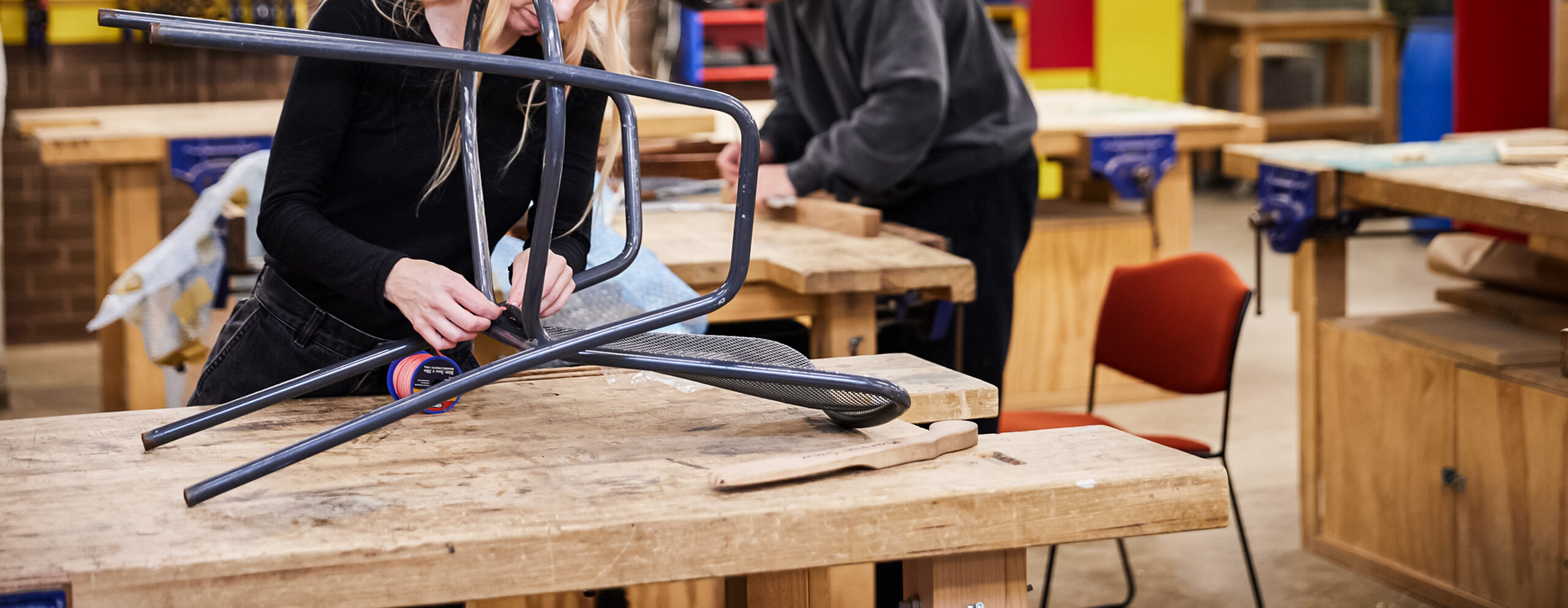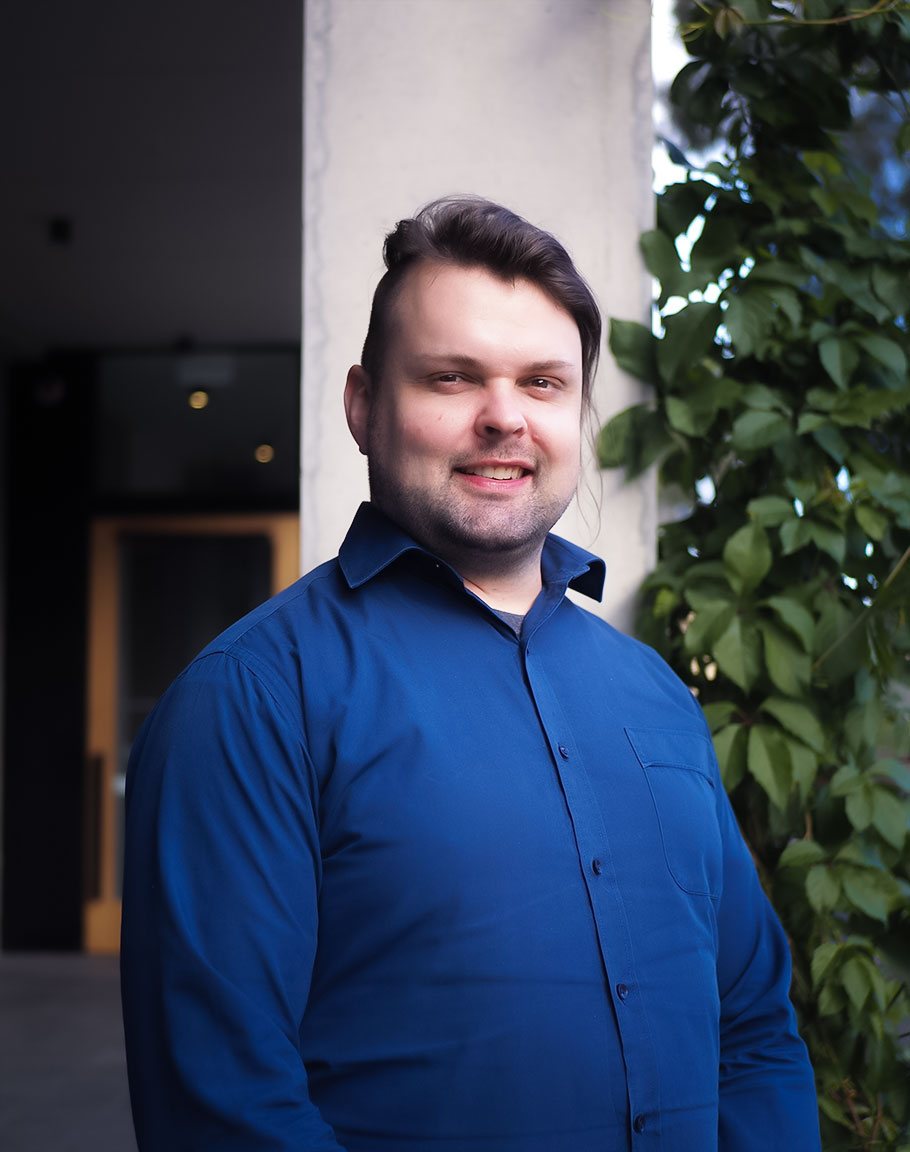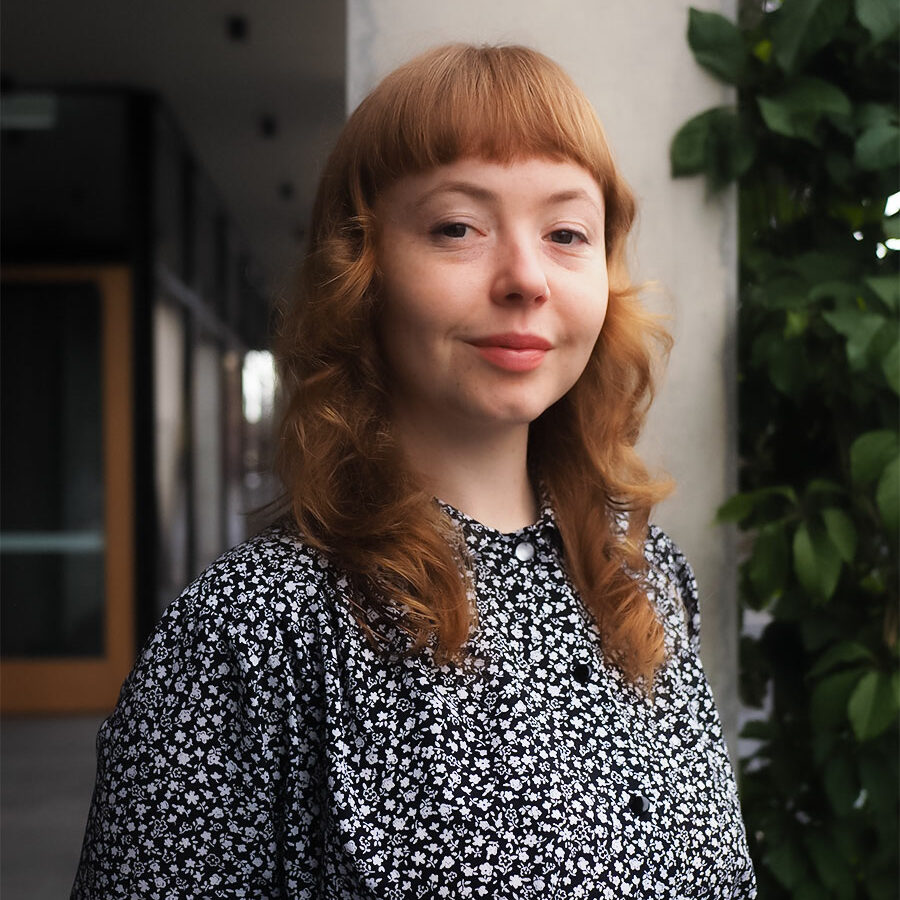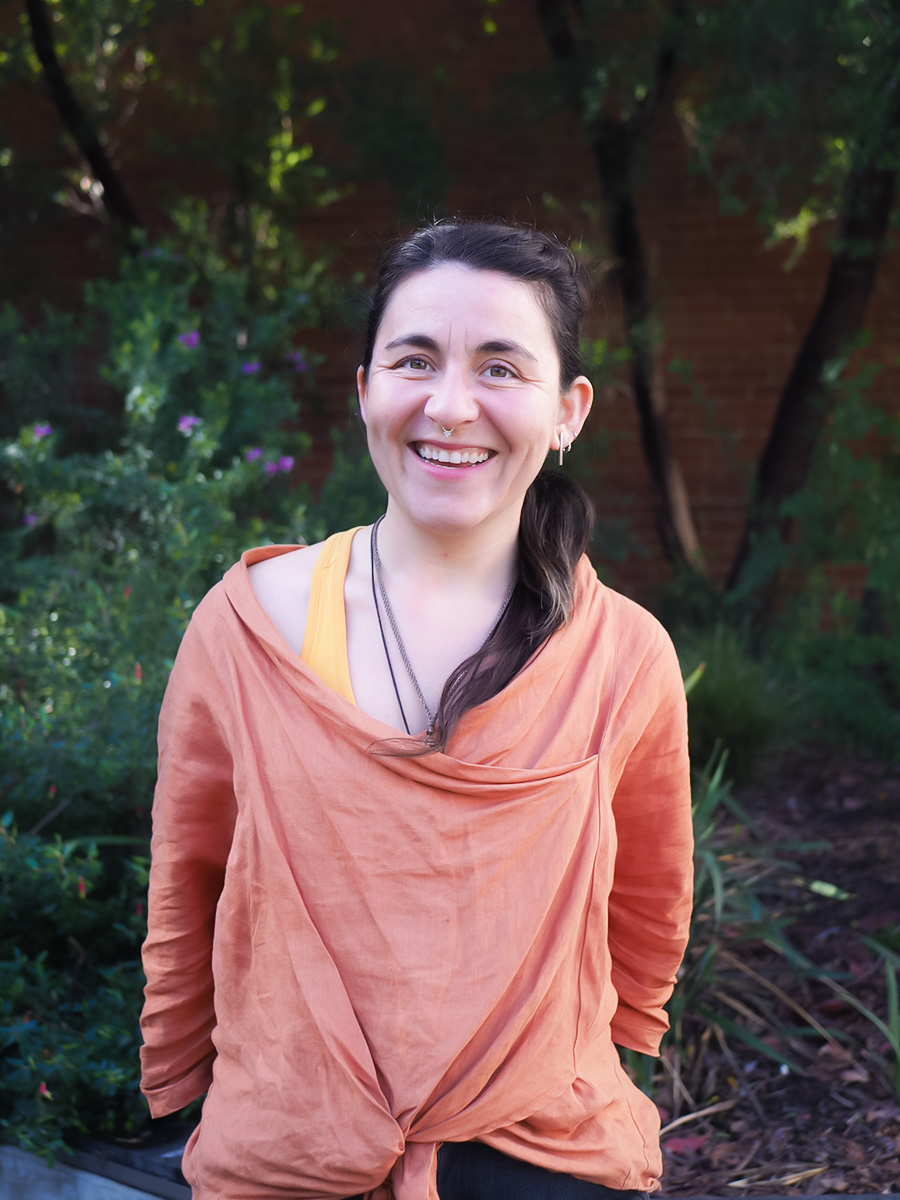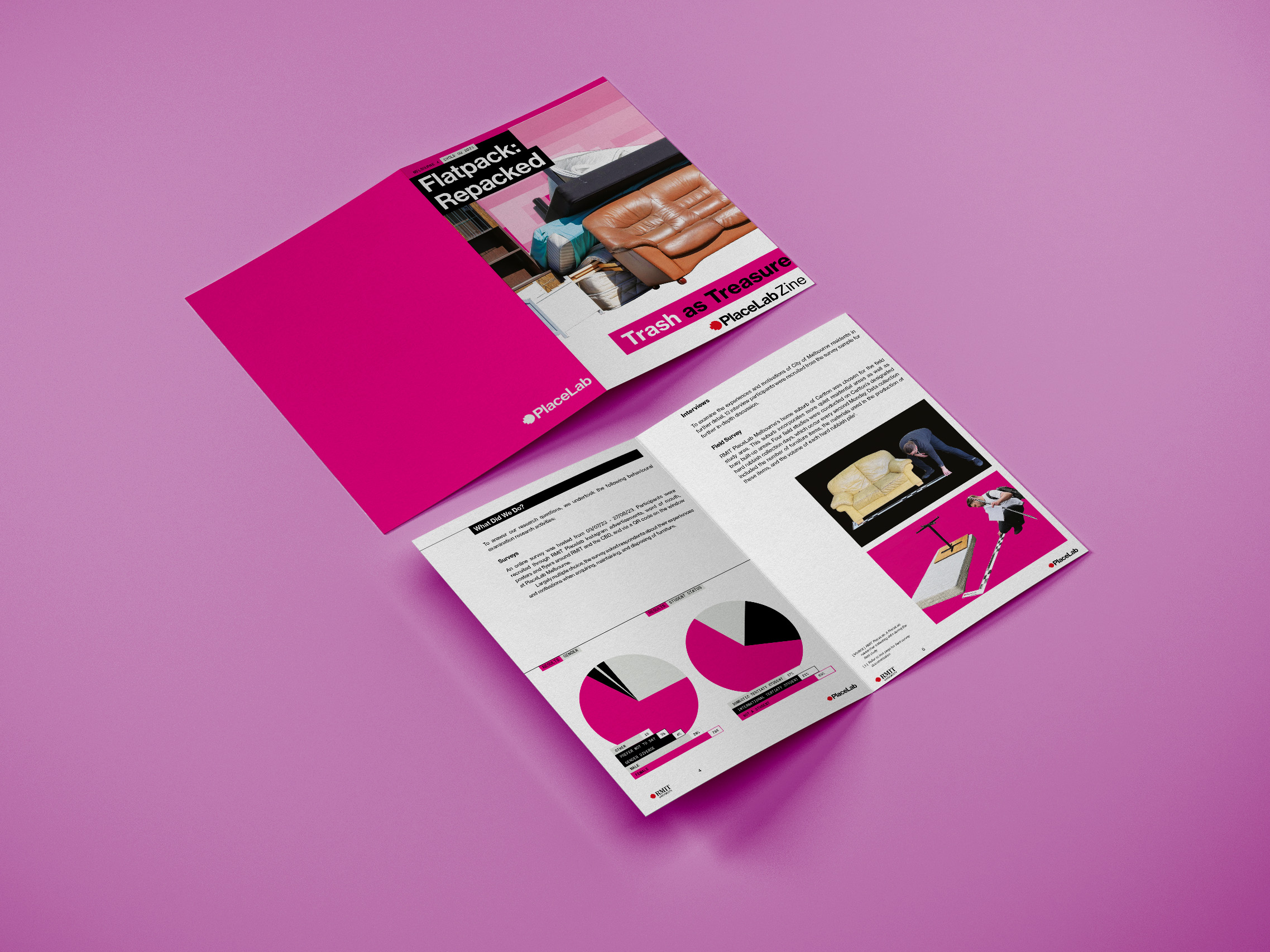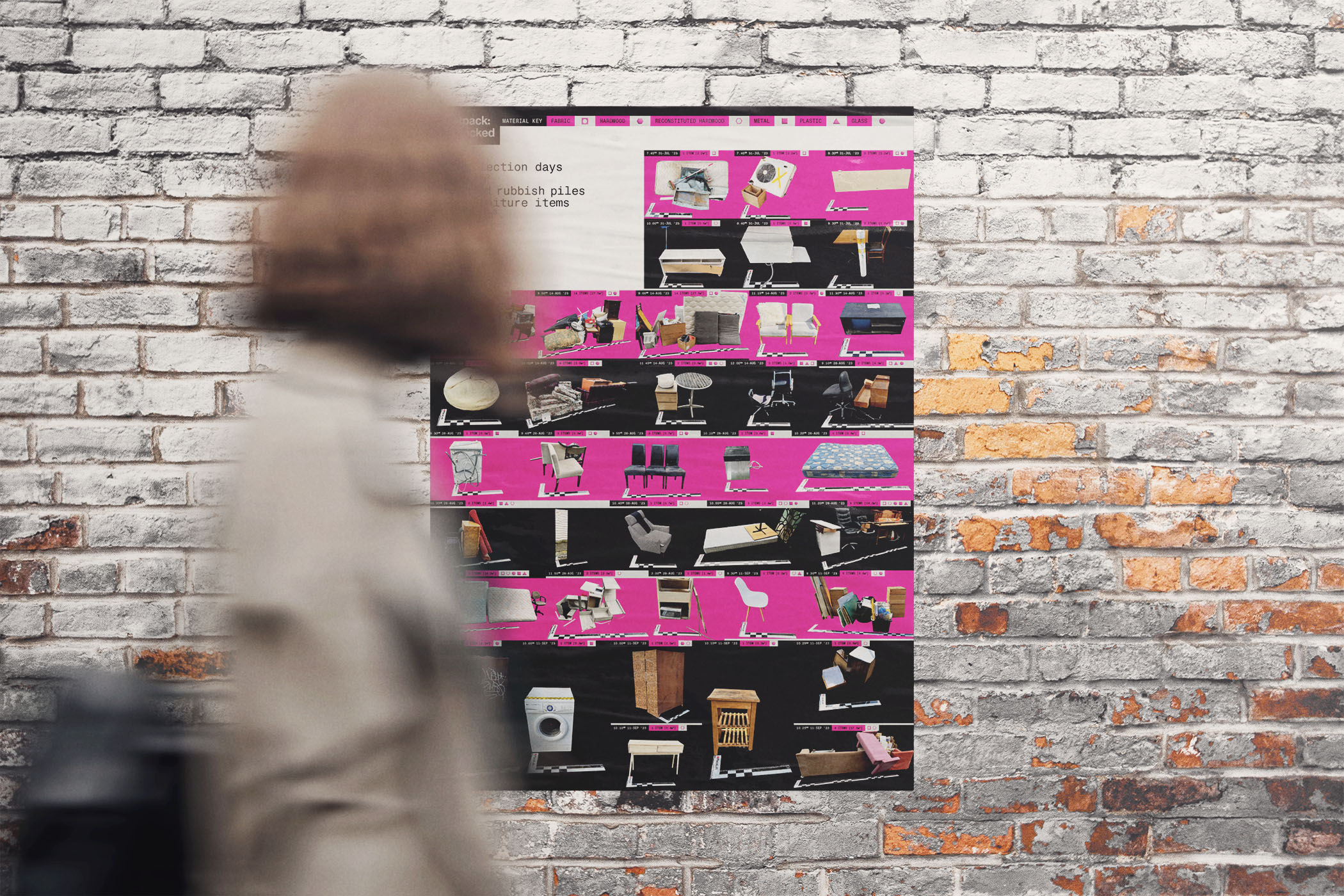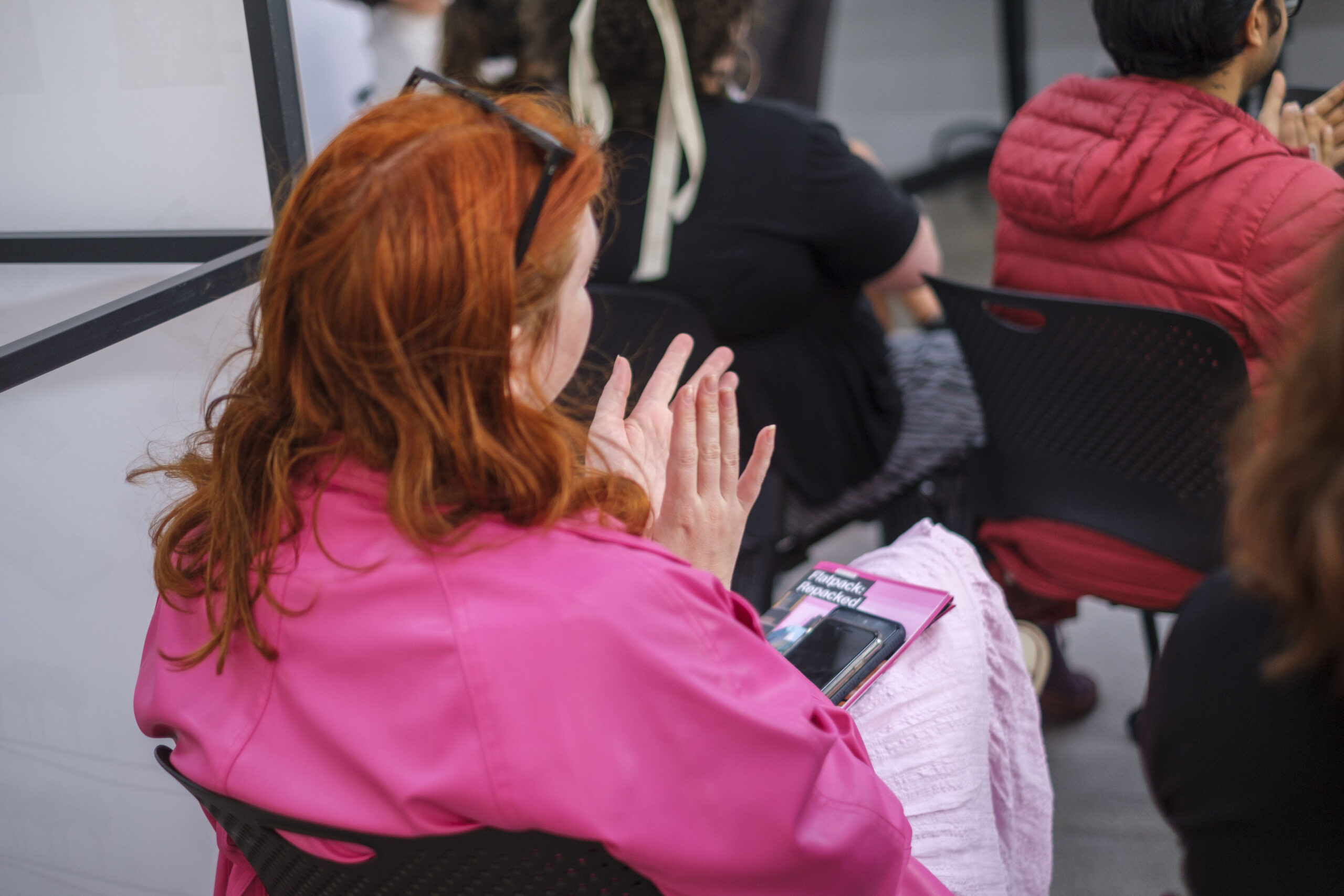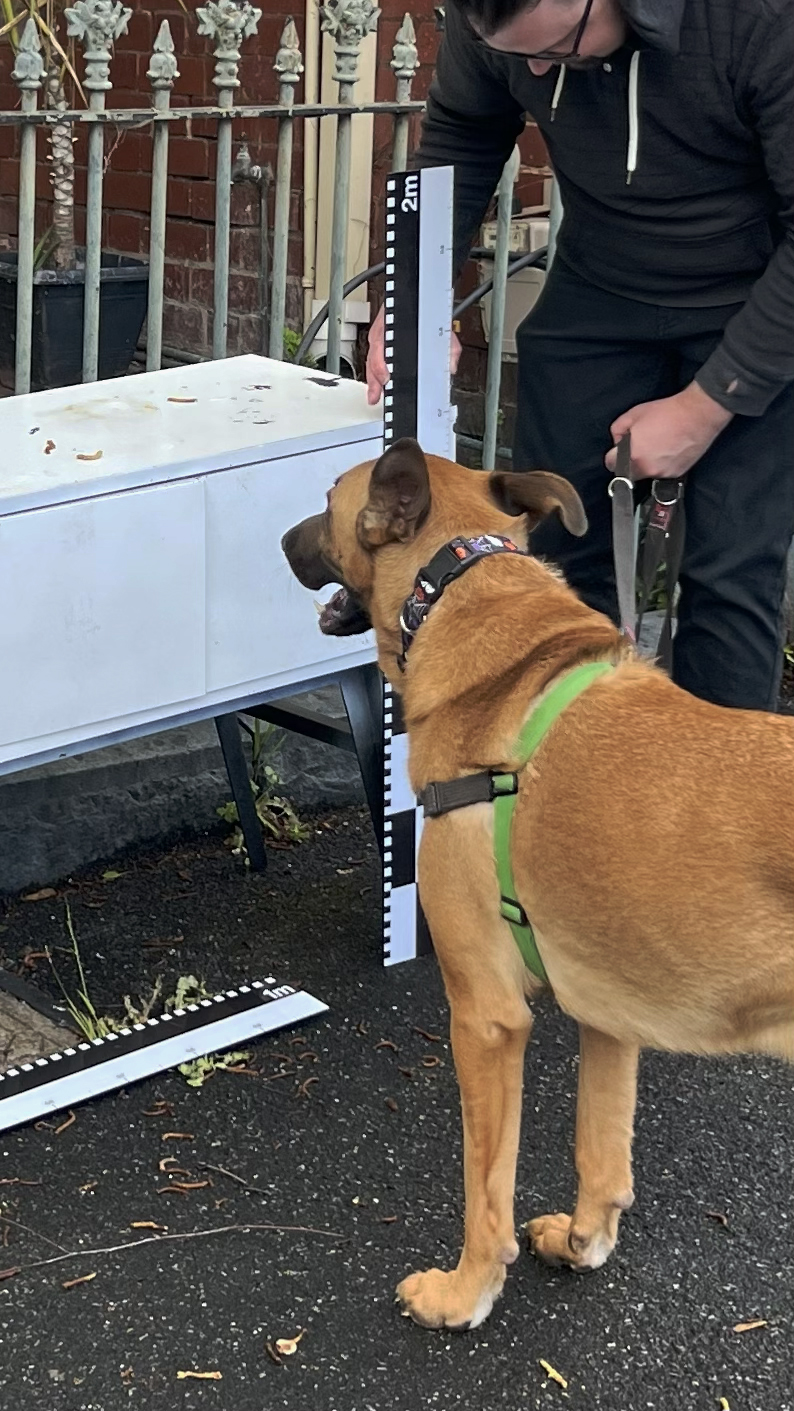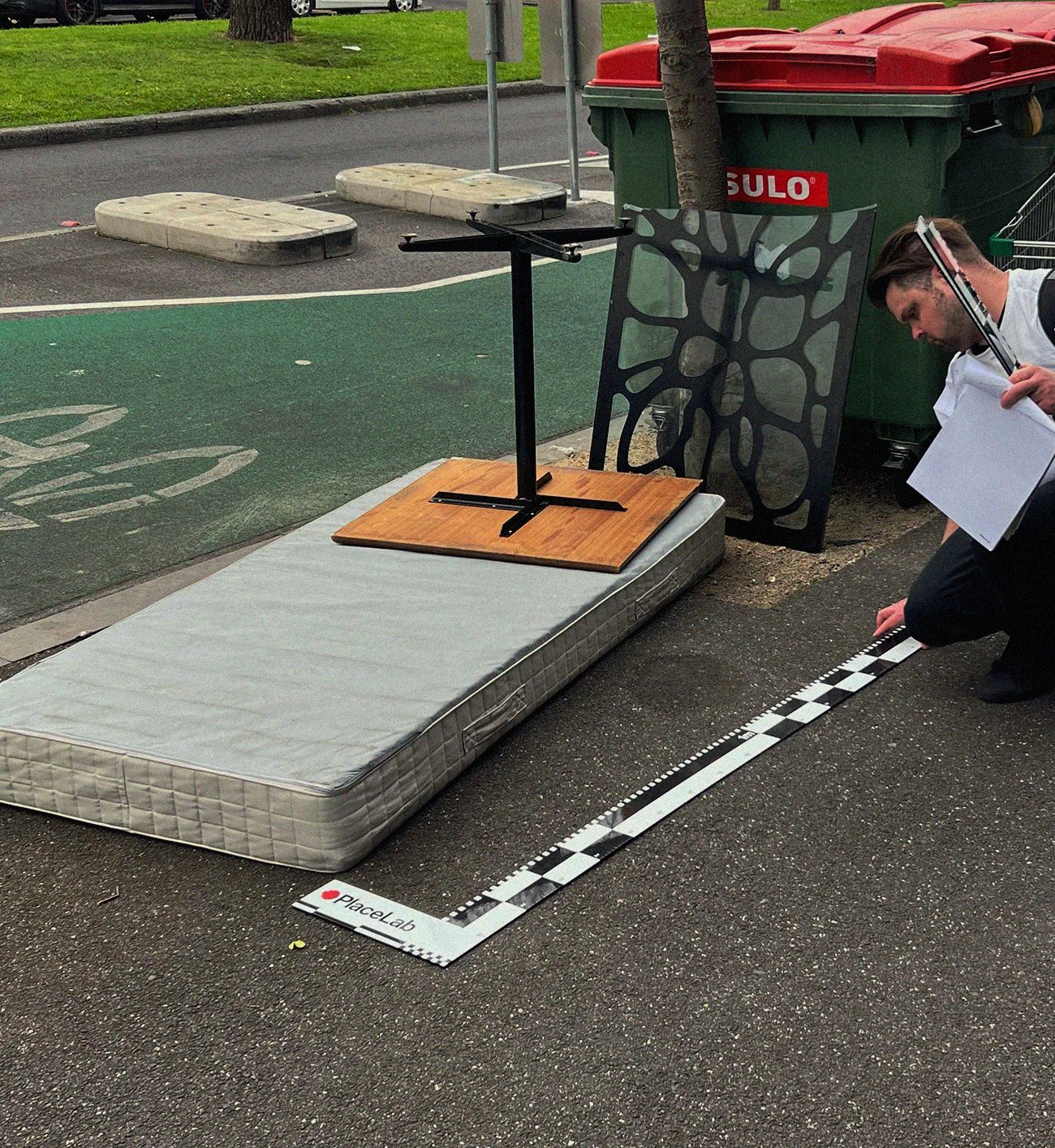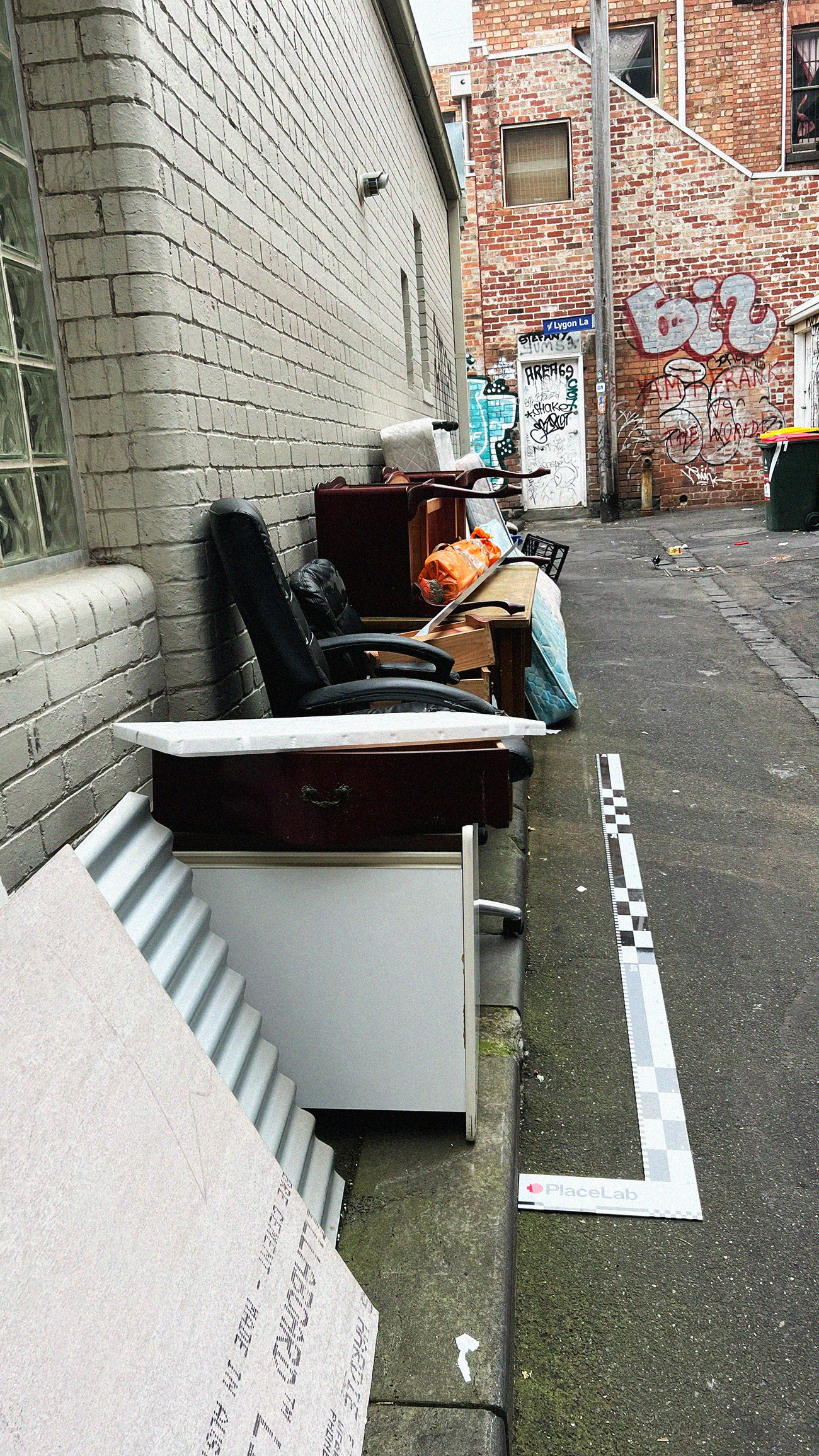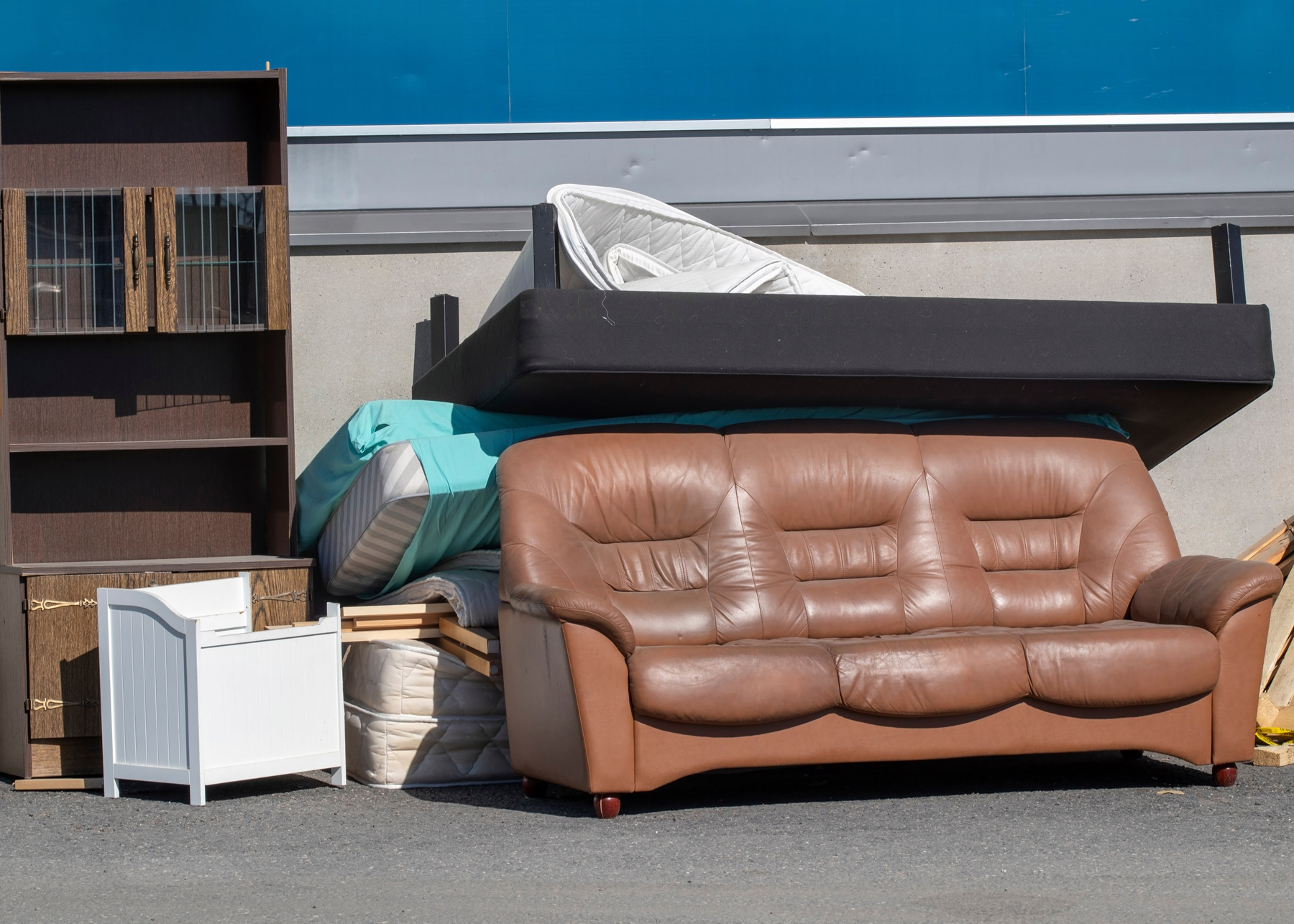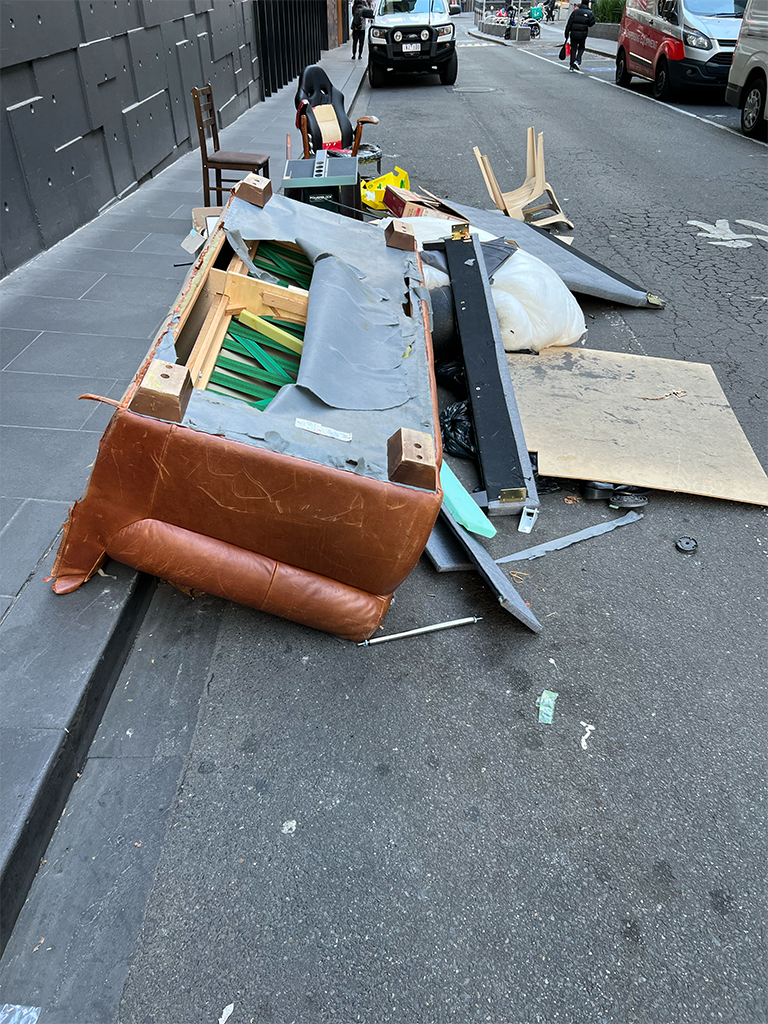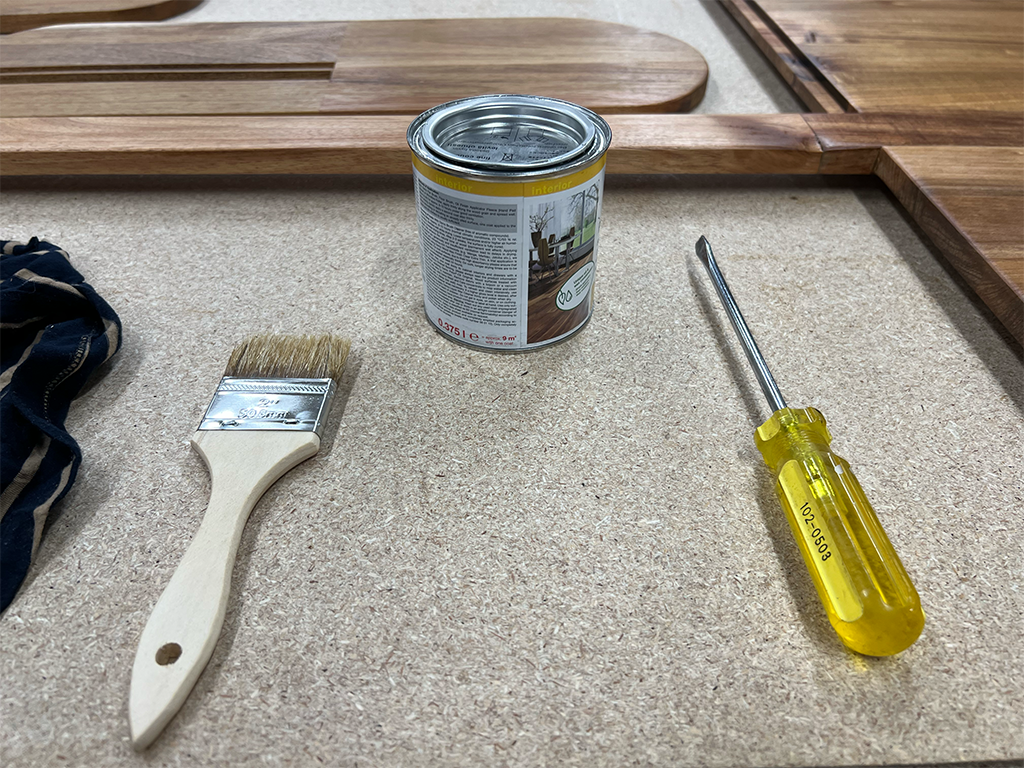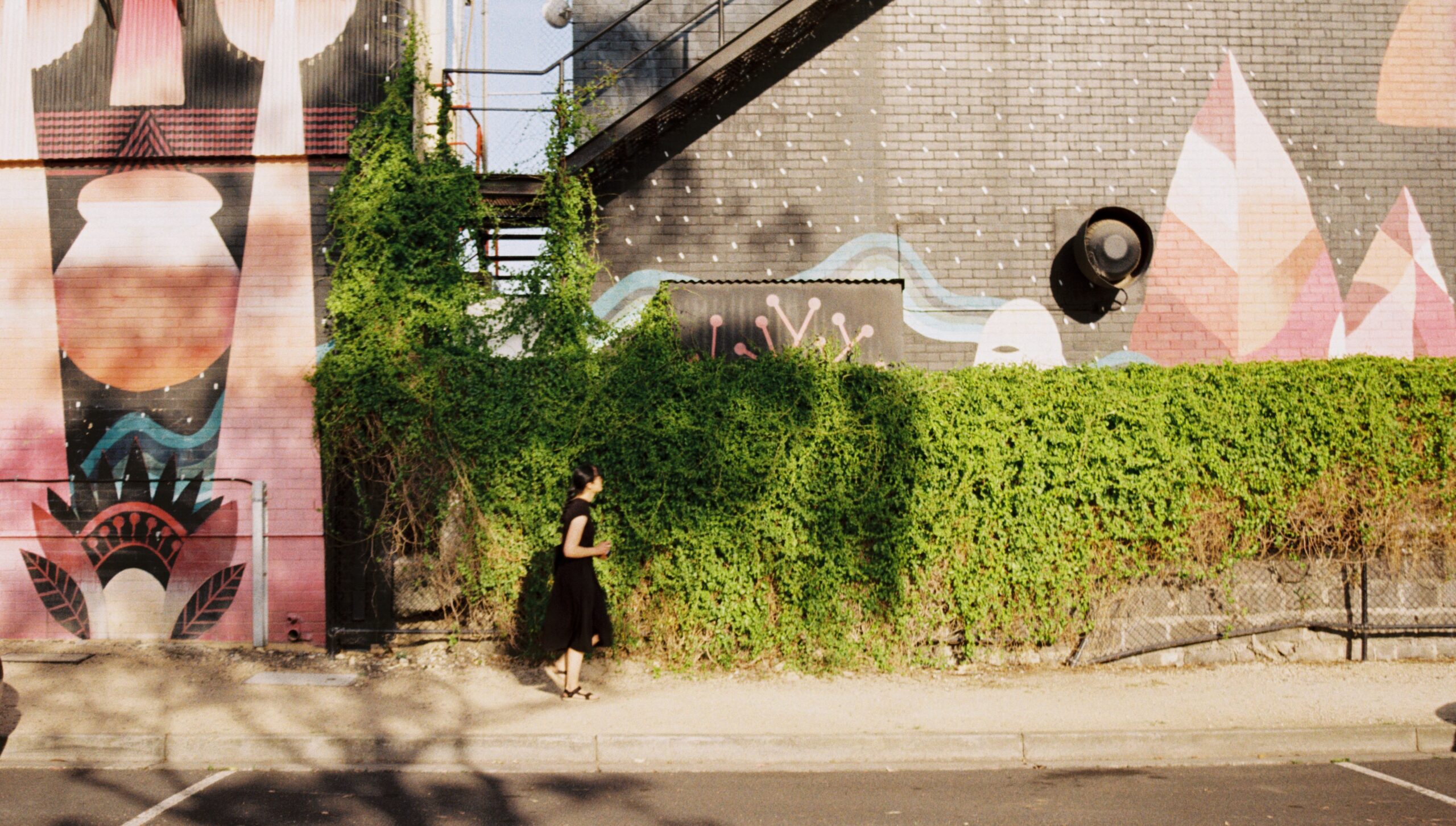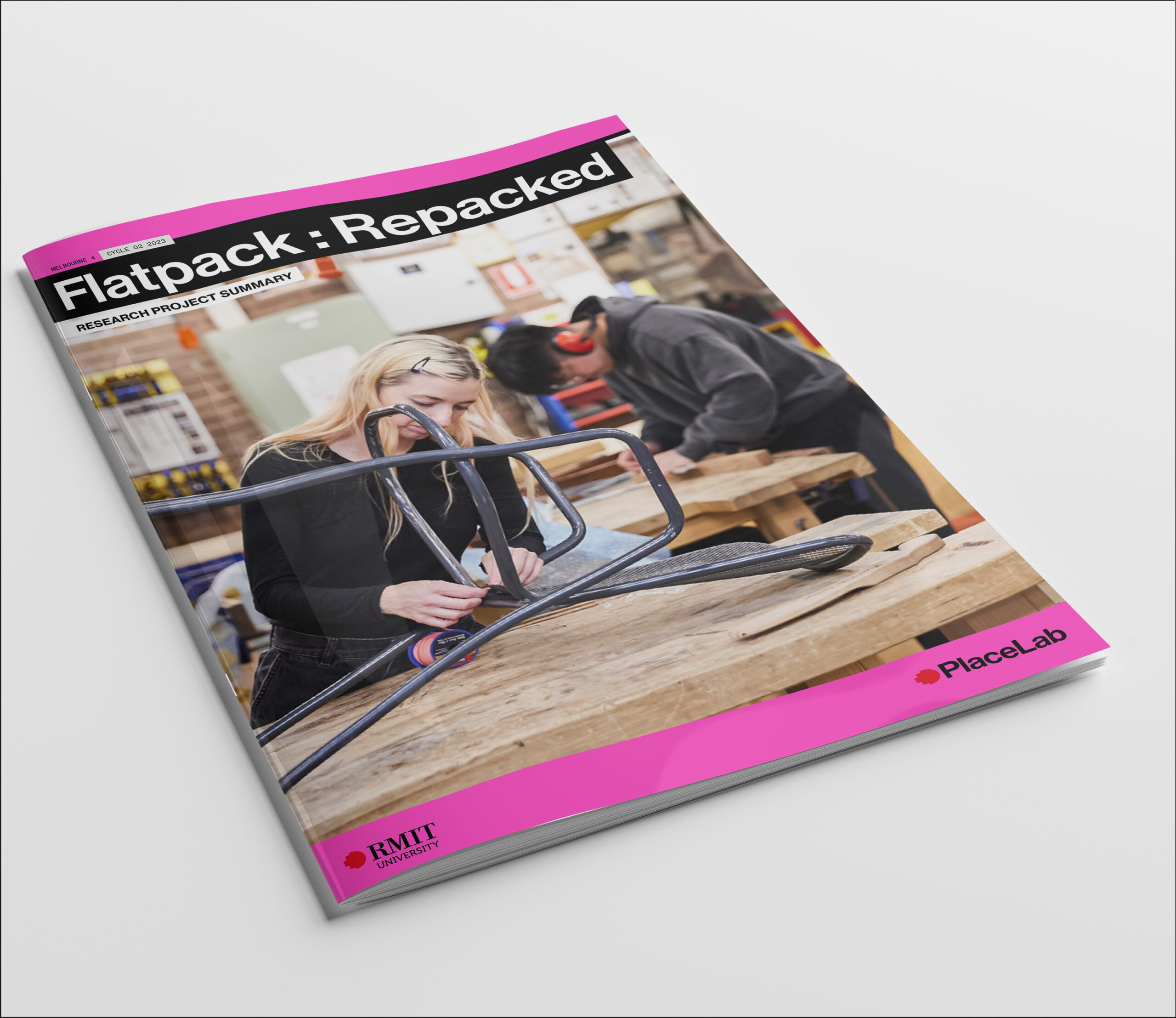
Flatpack: Repacked Summary
The Flatpack: Repacked Summary Report is here!
We examined the behaviours and motivations of City of Melbourne residents regarding the acquisition, maintenance, and disposal of furniture.
We explored these behaviours and motivations through a circular economy lens to identify current strengths in the circulation of furniture items and materials in the City of Melbourne, and to identify potential areas of improvement.
Our early reflections point to a range of opportunities across the three project aligned intervention areas of the circular economy; Refuse, Reuse and Repair.
This Flatpack: Repacked Research Project strengthened our understanding of the decision making process of City of Melbourne residents when purchasing and discarding furniture items, and contributes to potential solutions for reducing ‘fast furniture’ in areas of high density living.
Together, we’re tackling real-world, urban challenges and seeking innovations that improve liveability, community resilience and connection.
This summary will be shared with our local government and industry partners. Please feel free to send this link on to anyone or any organisation that might be intrigued!
Explore more in our full summary available to download from the ‘Download Report’ button above.
